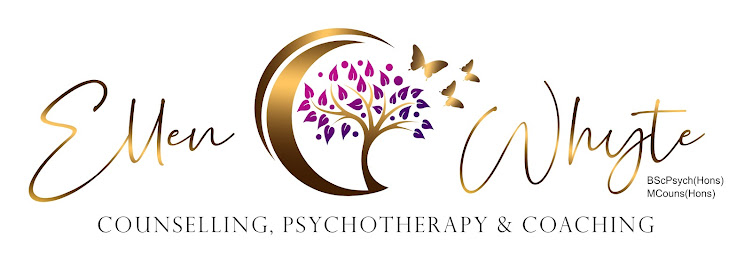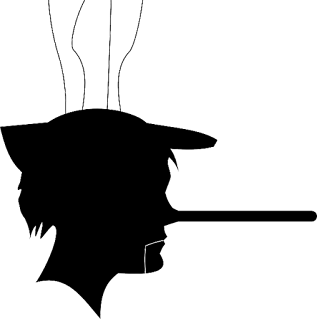Covid is causing havoc in terms of mental health, and so we've probably all got a friend or two who we are worried about.
Most suicide prevention guides focus on listening and calling mental health and other services for help. If you want one of those, the Columbia University offers a great one.
That's awesome - IF you live in a country that has that kind of help. For many people around the world, there isn't a hospital or a doctor or a mental health professional. So what do you do then?
I'm going to kick off by saying I don't have a definitive answer. I work with people in difficult situations and I have found there are no easy solutions.
I do it because life is uncertain, and I believe that if we only dealt with simple things, people in difficulty would be alone. That can't be good. Also, mental health practice is always risky; it's part of the deal.
So, with that caveat, here are some thoughts.
#1 It's damn scary when someone says they are suicidal. So when you are scared, that's perfectly okay. You'd be a bit of a twit not to be afraid. Breathe and accept it's part of the situation.
#2 Immediate things that you can say:
I'm glad you're sharing this with me
I'm sorry you are hurting
Tell me, what brought this to a head? <- and then listen
How can I help you?
#3 Although it's tricky, you can distract your friend from suicide by focusing on the internal coping skills your friend has.
You might start this by asking, "Do you remember another time when you were in crisis or near it? What did you find helpful then?" <- and then listen
#4 Identify who your friend trusts in their life who is close by and who can help: family, friends, house mates, neighbours.
This is where it gets tricky: be aware that in many places, asking for help can be actively dangerous. This is especially pertinent for women and LGBTQ people. For example:
A woman living in a country where women have few rights, may be sent to live with abusive relatives. This is because those cultures believe in 'out of sight, out of mind'.
If she is in an abusive environment, she may also be beaten, whipped or jailed by the authorities simply for wanting to leave.
An LGBTQ person who asks for help in a country where homosexuality is illegal can be jailed, whipped or executed. Even if they don't divulge their orientation, this fear may prevent them from seeking any kind of help even from a family doctor or tribal healer.
Another issue is when mental health issues are perceived as a personal weakness and form of willful stubbornness.
In these communities, seeking help results instantly in a lecture that can be summed up as, "Say your prayers, obey your parents." Sometimes, it comes with community shaming. You know, because everyone loves a good shaming and it's so incredibly helpful 🙄
If you don't come from one of these places, this can be hard to believe but it's vital that you understand and respect how dangerous the world can be for marginalized and disenfranchised people.
So, when you talk it over, be respectful and put safety first.
Usually, the person you are talking to has already tried all kinds of safe and useful reaching out.
But, supposing they can think of someone, in that case, discuss what they might say and what the person they reach out to might answer.
If it sounds good to both of you, discuss who will make the call. Your friend may want to do it themselves, or with you on a conference call, or they may feel shy and want you to do it for them. Whatever they want, be gentle.
#5 If there is nobody to call and there is no doctor, hospital or other help, then keep talking until the situation de-escalates. Then make a plan for being in touch.
For your own peace of mind, make one firm appointment to text within a few hours, otherwise you'll be on tenterhooks. And when you text, see how things are and take it from there.
If you can, open up the network so your friend get loving support from more than one person. Note: this may not be possible. Often, people who are driven to extremes by despair are alone. So be prepared to be a sole support for some time.
Well, that's my two Sen. If you've any suggestions, please comment.



